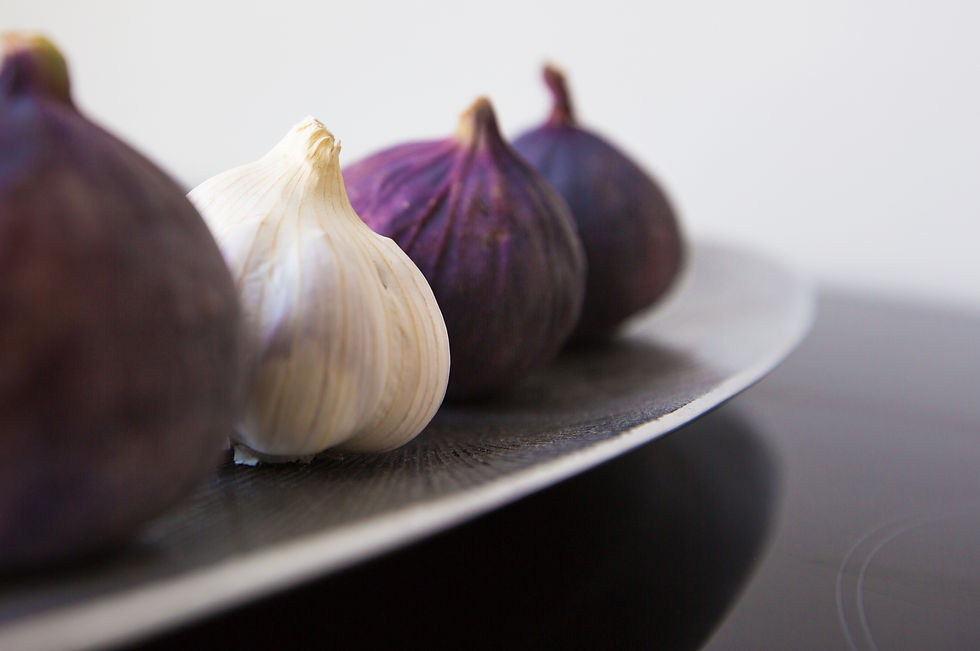The first step toward a healthier heart is to eat healthily. Preventing heart attacks and strokes is best achieved by eating a diet rich in vegetables, fruits, legumes, whole grains, healthy fats like olive oil, and proteins such as lentils and chickpeas.

But the methods of preparation also make a substantial difference. It has been established that several different herbs can help improve your heart's health. We recommend the following for at home remedies:
Cinnamon

Several cardiovascular benefits are attributed to cinnamon. A tiny daily dose of cinnamon has been shown to reduce total cholesterol, "bad" LDL cholesterol, and triglycerides, an unhealthy kind of blood fat, according to a 2013 meta-analysis of 10 separate research. It decreased blood sugar, which helped prevent diabetes, which raises one's risk for cardiovascular disease.
Use as a topping for cereal, a dairy-free smoothie ingredient, or even in a vegan chilli recipe.
Cardamom

Cardamom, a potent spice commonly used in Indian cooking, was shown to reduce blood pressure in one research. There is evidence that it can also prevent blood clots.
This herb can be purchased in the spice section, either in pod or ground form, and both are easy to use. The pulverized seed can be added to any Vegan Mexican or Asian meal. Or, you could just snack on the whole pods. Toss them with heart-healthy olive oil after they have been toasted in a skillet over medium heat until fragrant.
Garlic

Garlic is an excellent choice for those concerned about their heart health. According to a 2016 article that synthesized findings from 20 earlier studies, garlic is an effective blood-pressure-lowering food. Total and LDL cholesterol were reduced by as much as 10% in individuals who already had high levels, according to another review research comprising 2300 persons.
Vegan Soups, stews, and casseroles are great vehicles for its incorporation. Saute with greens like spinach or kale in olive oil. One such option is to take a garlic supplement.
Ginger

Eating this pungent root may lower blood pressure, according to some studies. The danger was lowest in those who consumed it most. The study authors suggest consuming 2–4 grams (or about 12–1 teaspoon) daily to avoid developing this heart condition.
You may use it in raw salads, or you can chop it up and incorporate it into stir-fries and other Asian recipes.
Curcumin

Curcumin is the compound responsible for turmeric's vibrant yellow colour. Studies reveal it has many positive effects on cardiovascular health, including lowering cholesterol and inflammation, both of which can contribute to heart attacks and strokes. Protection against heart failure, a condition in which the heart is unable to adequately pump blood, may also be a side effect. In addition, curcumin has been shown in certain trials to be as effective as medication and exercise in enhancing blood vessel health.
You may use it in a variety of ways, such as tossing it with roasted veggies, onion, and carrot, or adding it to rice or soup. To gain the advantage, some people choose to take a supplement containing turmeric.
Berberine

Berberine, a chemical found in a number of plants, is utilized to create a dietary supplement. Multiple benefits for the heart have been observed, including a reduction in bad (LDL) cholesterol and triglycerides and an increase in good (HDL) cholesterol. Reduced glucose levels are another benefit.
Since the component is difficult to obtain from food sources, a berberine supplement is your best chance for using it. People have taken to emptying berberine capsules into their smoothies for added health benefits.
Herbal remedies and nutritional supplements are not subject to the same stringent quality controls as pharmaceuticals, therefore the potency of multiple batches produced by the same company is not always guaranteed to be the same. In addition, the supplement's packaging provides no information about potential side effects or dosage restrictions. Please check with your Naturopathic practitioner about them.
Use healthful cooking methods in addition to flavourful herbs. When cooking, opt for healthy oils like olive and canola. Instead of eating meat opt for a vegan diet. Cutting out and eliminating dairy, meat and eggs and opting for a vegan diet is crucial for overall health especially the heart. Read our other articles on Vegan Diets and How to Go Vegan. Or simply give us a call for guidance.

By Dr. Sepi Sefy PhD whom specialises in Herbal Medicine of Ayurveda, Traditional Chinese & Western Herbal Medicine, alongside of Yoga, Nutrition and Phytotherapy.
Yorumlar